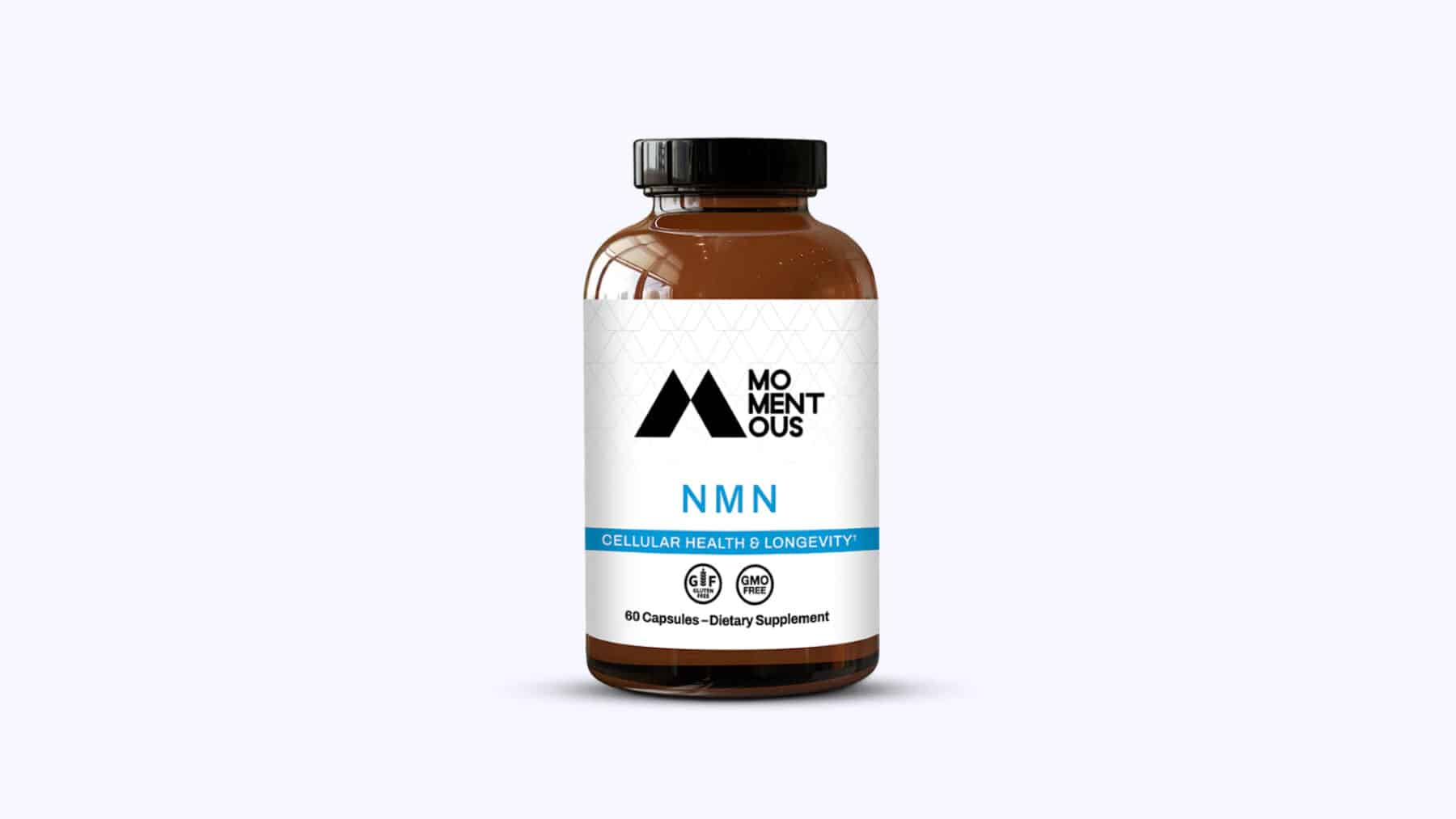Look around and you’ll find all sorts of techniques people use to look and feel younger: skincare routines, hair restoration treatments, and even plastic surgery. But if you’re after more sustainable results, your best bet is to slow down aging from the inside out.
One way to possibly do that is through certain supplements, and there’s one anti-aging product that’s sparking a global conversation: nicotinamide mononucleotide, or NMN.
The buzz might lead you to believe NMN is a magic potion, but it’s simply a type of molecule called a nucleotide that your body produces naturally. It sounds boring—until you realize your body depends on NMN for survival.
The global NMN market was valued at a quarter of a billion dollars in 2020 and is expected to reach $385.7 million by 2027. But a recent move by the US Food and Drug Administration (FDA) prevents NMN from being sold as a supplement.
So, why would regulators thwart a product that scientists have literally called a “fountain of youth?”
What Is NMN (Nicotinamide Mononucleotide)?

Nicotinamide mononucleotide (NMN) is a naturally-occurring molecule that serves as the building block for countless bodily functions like metabolism, energy production, and DNA repair.
When NMN enters your cells, it gets converted into an essential enzyme called nicotinamide adenine dinucleotide (NAD) which is critical for cell health. You need adequate NMN to maintain healthy levels of NAD. However, even though your body produces NMN on its own, the amount in your system declines as you get older. Accordingly, NAD levels can plummet to half of what they were in your youth, according to a 2020 study.
A 2019 study in the Journal of Biomedical Science found that adults with diabetes, obesity, and liver disease also tend to have low levels of NMN and, accordingly, NAD.
You can get NMN from a variety of foods, such as:
- Tomatoes: up to 0.9 mg per 100 grams
- Beef: up to 0.42 mg per 100 grams
- Avocados: up to 1.6 mg per 100 grams
- Cabbage: up to 0.9 mg per 100 grams
- Broccoli: up to 1.12 mg per 100 gram
The most popular—and controversial—form of NMN is dietary supplements, which have grabbed global attention for their potential to reverse aging and improve overall wellness.
5 Potential Benefits of NMN Supplements
Research suggests that supplementing NMN can be an effective anti-aging intervention, improving everything from your metabolism to your memory. That’s because NMN is rapidly absorbed and converted into NAD—the enzyme that, quite literally, keeps you feeling young.
Let’s cover five key benefits you might get from NMN supplementation.
1. Increased Metabolism
NAD helps your body produce adenosine triphosphate (ATP), a compound that converts food into energy. Along with a healthy diet, NAD can stimulate more ATP and improve your metabolic function.
In other words, higher ATP levels translate to a higher metabolism.
2. Improved Cognitive Function
NAD is believed to regulate the production of proteins that protect your brain from oxidative stress. Those stressors are related to a range of neurological diseases, including Alzheimer’s.
In a 2017 study involving mice, NMN improved the survival of neurons by maintaining the integrity of the blood-brain barrier.
3. Improved Eye Function
One of the most common age-related health conditions is neurodegeneration in the eyes, which causes vision loss. Restoring NMN and NAD levels may preserve eye function and even prevent dry-eye issues, according to a 2019 study in Biomolecules.
4. Improved Insulin Sensitivity
Low insulin sensitivity makes it difficult for your body to use glucose effectively. Over time, this can lead to weight gain and type 2 diabetes. Insulin sensitivity often decreases with age, but research on mice shows that long-term NMN supplementation increases insulin sensitivity and combats age-associated body weight gain.
5. Increased Longevity
NAD activates a type of protein called sirtuin, which is believed to slow down the aging process by fighting oxidative and genotoxic stressors.
“Although some data put into question the direct involvement of sirtuins in extending human lifespan, it was documented that proper lifestyle including physical activity and diet can influence healthspan by increasing the level of sirtuins,” researchers wrote in Biogerontology.

What Does the Data Say About NMN Supplements?
So far, animal tests have yielded promising results for NMN supplementation, but the jury’s still out on whether NMN can turn back the clock for humans.
“In rodents, NMN ameliorates the detrimental effects of NAD reduction with age, and it significantly improves several metabolic functions,” Dr. Samuel Klein, a nutritional specialist at Washington University School of Medicine, told Nature.com. “This has led to NMN being sold worldwide as a diet supplement, with very little data to support that it has beneficial effects in people.”
There may not be a library of evidence to prove NMN is worth adding to your supplement regimen (yet). But that doesn’t mean the claims are bogus.
A 2021 study involving overweight, postmenopausal women found that 250 mg of NMN per day for 10 weeks increased their insulin sensitivity. Another study examined the effects of NMN on runners ages 27-50. After taking NMN supplements for 6 weeks, the runners had higher aerobic capacity compared to a placebo group.
It’s hard to say whether NMN lives up to the hype—for now. But the FDA certainly has strong opinions.
Why Did the FDA Ban NMN Supplements?
When you hear about the FDA banning products, it’s sometimes due to efficacy or safety issues. But that’s not the case with NMN supplements.
NMN has been sold as a supplement since 2014. But in November 2022, the FDA issued a statement saying that NMN could no longer be marketed as a supplement since it was authorized for clinical trials as a pharmaceutical.
In other words: companies aren’t supposed to sell ingredients over-the-counter or online when they might be categorized as a drug, rather than a supplement.
As of now, it doesn’t seem like the FDA is actively enforcing this decision. You can still buy NMN supplements—but the producers are (technically) skirting the legal system.
Research has shown that NMN doses of up to 1,200 mg per day are safe for human adults. But if you don’t want to wait for FDA approval, check with your healthcare provider before adding it to your supplement routine.
